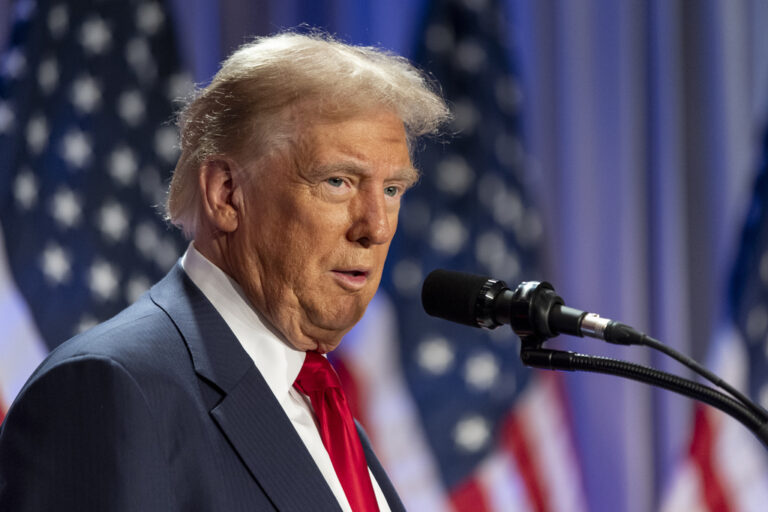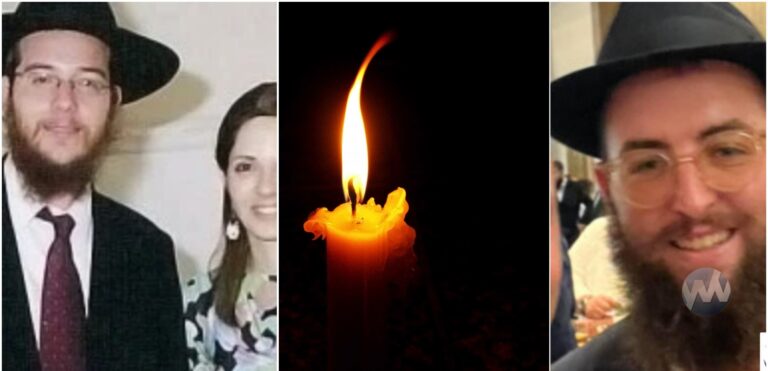 At least 14 witnesses testified at the Havana trial of U.S. government subcontractor Alan Gross last week, including Cuban intelligence agents and members of the island’s Jewish community, the State Department’s top man on Cuba has reported.
At least 14 witnesses testified at the Havana trial of U.S. government subcontractor Alan Gross last week, including Cuban intelligence agents and members of the island’s Jewish community, the State Department’s top man on Cuba has reported.
A Cuban government communiqué meanwhile said prosecutors presented evidence of Gross’ participation “in the introduction and development in our country of a subversive project to try to topple the revolution.”
A verdict is expected within days in the case of Gross, facing national security charges that could send him to prison for up to 20 years. An announcement of the sentence could take a few weeks.
Gross was arrested in Havana in late 2009 after he delivered at least one satellite telephone and other communications equipment as part of a U.S. Agency for International Development (USAID) effort to assist Jewish and other non-government groups in Cuba. A string of recent Cuban television reports — the last one broadcast Monday night — allege that the satellite phones for Internet connections were just the latest tactic in Washington’s long campaign to overthrow the communist government in Havana.
The documentary mentioned everything from the CIA-organized Bay of Pigs invasion in 1961 to a streak of bombings of Havana tourist sports in 1997 — but surprisingly made no mention of Gross or the equipment he delivered.
Cuban law makes it illegal for its citizens to receive assistance provided by USAID or other U.S. government agencies. Havana officials brands recipients as ‘‘mercenaries.”
Gross, a 61-year-old from Potomac, Md., has become a stumbling block in Obama administration efforts to improve relations with the Raúl Castro government, with U.S. officials claiming that he did not violate any Cuban laws.
Peter Brennan, the State Department’s top man on Cuban affairs, briefed about 15 congressional staffers and South Florida Republican Rep. David Rivera on the Gross case during a 20-minute telephone conversation Monday, some of the staffers reported.
Few details of the trial sessions Friday and Saturday had been made public so far because foreign correspondents were barred from the session.
Brennan reported that among the 14 people who testified were at least two of Cuba’s 1,500 Jews who provided “neutral’’ comments on Gross, according to the staffers. They spoke to El Nuevo on condition of anonymity because they were not authorized to speak on the case.
Brennan did not identify the Jewish witnesses but William Miller, a computer expert who was vice president of the Beth Shalom Temple in Havana until last year, was seen entering the court building on Friday.
Gross’ wife Judy, his U.S. lawyer and a consular official from the U.S. diplomatic mission in Havana were allowed to observe the trial but were banned from taking notes on the proceedings, Brennan told the congressional staffers.
Also testifying were two unidentified “dissidents’’ recently unveiled as Cuban intelligence agents, Brennan reported. They are presumed to have been Carlos Serpa and Moisés Rodríguez, revealed last week as spies who infiltrated several dissident groups.
Brennan and State Department spokespersons could not be reached for comment on this story by Tuesday evening.
Rep. Rivera, meanwhile, sent a letter to Secretary of State Hillary Clinton on Tuesday complaining that Brennan had said that there is no planned U.S. government response “to the all but certain conviction and sentencing of Mr. Gross.”
“Brennan explained that the position of the Obama administration is to ‘play it careful and safe, not to overreact’ and in this case to ‘hope [the Cuban dictatorship] does the right thing,”’ the letter noted.
Most Cuba analysts expect Gross will be convicted and sentenced, but then will be freed within months as a “humanitarian gesture.”
(Source: Miami Herald)










